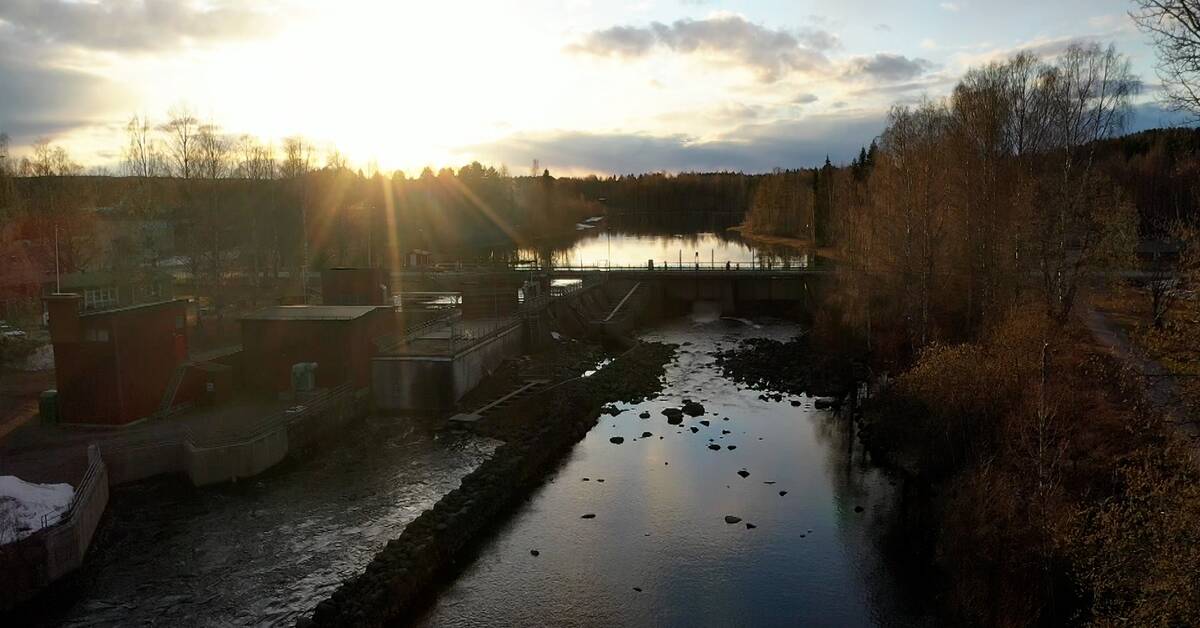It is peaceful along Rickleån in Västerbotten, but it is in the middle of a newly erupted battle for Swedish hydropower.
The country's around 2,000 hydropower plants have begun environmental testing in accordance with the EU's 20-year-old water directive.
Figures from Vattenkraften's environmental fund now show that a third of the power plant owners who have applied for money in the first round of testing apply to close down.
Skellefteåkraft wants to demolish the three smallest power stations in Rickleån, closest to the Gulf of Bothnia.
- With the new environmental measures that need to be done, it will not be financially possible to pursue them further, says Stefan Forsgren, business area manager at Skellefteåkraft.
- We are very happy that they have taken their senses captive and demolished the power plants, it means a new era for fishing and tourism, says Richard Löwall, chairman of Älvräddarnas samorganisation.
Can be thousands more salmon
Great natural values are at stake for diversity and ecosystems in the wild salmon river - only 19 salmon made it past the three power plants last year, despite the salmon ladder in Fredriksfors.
- When we remove the obstacles to migration, we open up several miles of reproduction areas, and an enormous potential that there will be as much salmon as this river can produce - thousands of salmon, instead of 19, says Thomas Johansson, Secretary General of the Baltic Salmon Foundation.
Less than one percent of production
The electricity production from the three power plants in Robertsfors corresponds approximately to a modern wind power plant, and in total the 1,000 smallest hydropower plants in the country account for less than one percent of the electricity production.
But there is an intermediate layer of slightly larger power plants, as further up in Rickleån.
- Älglund's power station is of great benefit to the electricity system, and therefore environmental measures should not be taken that affect production capacity here, but we do it where it is most useful, further down the river, says Stefan Forsgren at Skellefteå kraft.

